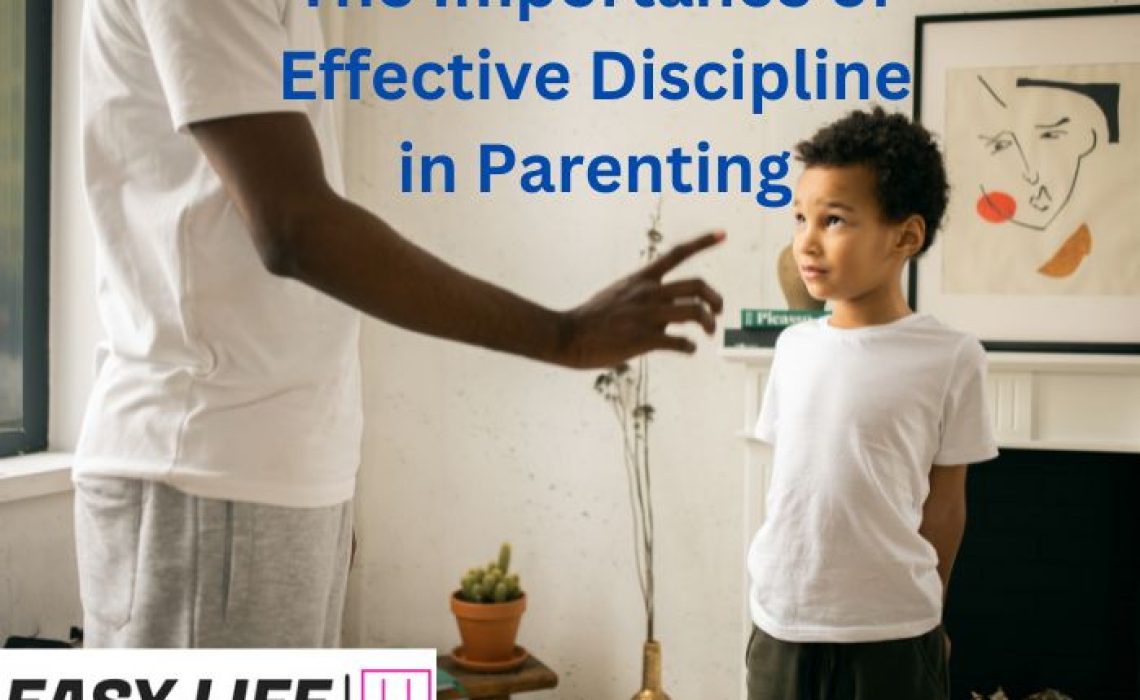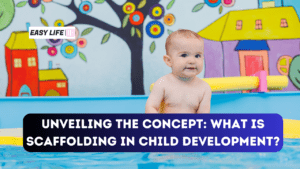Discipline is an essential aspect of parenting that helps children develop self-control, responsibility, and respect for others. However, discipline is often misunderstood as punishment or authoritarianism. In reality, discipline is not about control or punishment but about guiding children to become responsible and respectful individuals.
The purpose of strictness is to teach children the consequences of their actions and to help them develop self-control. It is not about instilling fear or exerting power over them. Effective discipline should be firm but fair, consistent, and age-appropriate.
Table of Contents
ToggleHere are some tips for effective discipline
Set clear rules and expectations
Children need clear rules and expectations to understand what is expected of them. Setting clear boundaries and expectations helps them feel safe and secure, giving them a sense of structure and routine.
Be consistent:
Consistency is crucial when it comes to discipline. If rules and consequences are inconsistent, children will be confused and not take them seriously. Consistency helps children understand what is expected of them and helps them feel secure.
Be positive and use positive reinforcement:
Positive reinforcement is a powerful tool in the discipline. Praising children for good behaviour encourages them to repeat it and helps build their self-esteem. Positive reinforcement should be specific, immediate, and sincere.
Use logical consequences:
Logical consequences are consequences that are related to misbehaviour. For example, if a child breaks a toy, they should be responsible for fixing or replacing it. Logical consequences help children understand the consequences of their actions and help them take responsibility for their behaviour.
Be a good role model:
Children learn by watching and imitating their parents. If parents model positive behaviour, children are more likely to imitate it. Being a good role model is essential when it comes to discipline.
Discipline is not an easy task, but it is an essential part of parenting. When done effectively, regulation helps children develop self-control, responsibility, and respect for others. It is important to remember that control is not about punishment or control but about guiding children to become responsible and respectful individuals.
related article: Why Do Parents Become Helicopter Parents?









